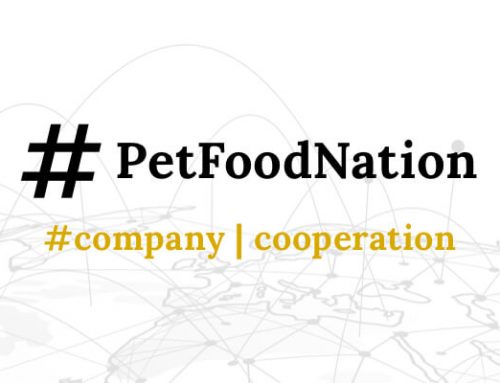The new EU regulation on organic production and labeling of organic products (Regulation (EU) 2018/848) contains strict requirements for labeling food, pet food and feed as organic. Only if a product meets these requirements, it can be labeled as such. As courts are quite tough on interpreting similar regulations, deceptive marketing and labeling of non-organically produced pet food and feed can happen “easily” as not only the explicit labeling of a product as “organic” falls within the restrictions of the EU regulation.
Annex 4 of the of Regulation (EU) 2018/848 contains a list of terms in the various EU languages that cannot be used unless the requirements of the Regulation are met. This also applies to the derivatives and diminutives of the terms in that list, such as ‘bio’ and ‘eco’.
Even if none of the terms referred to in the Regulation are used, the Regulation applies if the labelling might suggest to a customer that the product, its ingredients or the feed used in its production have been produced in accordance with the Regulation. So if the consumer might get the impression that a product is organic – even if it is not explicitly labelled as such – it must be an organic product complying with the requirements of Regulation (EU) 2018/848.
This also applies to trademarks or company names used in connection with the labeling or advertising of a product. According to Art. 30 (3) of Regulation (EU) 2018/848, these must also not mislead the customer that a product complies with the requirements of the Regulation. So if your company is called “The Organic Pet Food Makers” all your products have to be organic according to the requirements of Regulation (EU) 2018/848 or you cannot put the name of your company on the product (which would lead to other problems) for the EU market.
And lastly this does not only apply to the product labeling as such, but also to the advertising material or commercial documents of a product. If there is a suggestion in there, that might make consumers believe it is an organically produced product it has to be produced according to the requirements for organic production of Regulation (EU) 2018/848.
There is not yet case law on the new Regulation. However, we have learned from previous regulations on misleading advertising and especially on the Health Claims Regulation (Regulation (EC) no 1924/2006 of 20 December 2006 on nutrition and health claims made on foods) that the Courts in Germany as well as the European Court of Justice are rather strict. Our recommendation is to be quite careful in choosing product names and wording marketing materials to make products look more organic than they are. If your product does not meet the requirements of the new Regulation try to either stir away completely from suggestions of being organic or eco-friendly or be as ambiguous as possible.

About the author:
Eva Vonau is a lawyer specializing in e-commerce, digital business and IP law. She advises i.a. on the legal requirements of online stores as well as advertising and product labeling in the pet food industry.
VC Legal is a German law firm specializing in media, advertising, digital business and data.
If you have further questions feel free to contact our contributor Dr. Eva Vonau of the German law firm VC Legal (vc-legal.eu) at eva.vonau@vc-legal.eu



